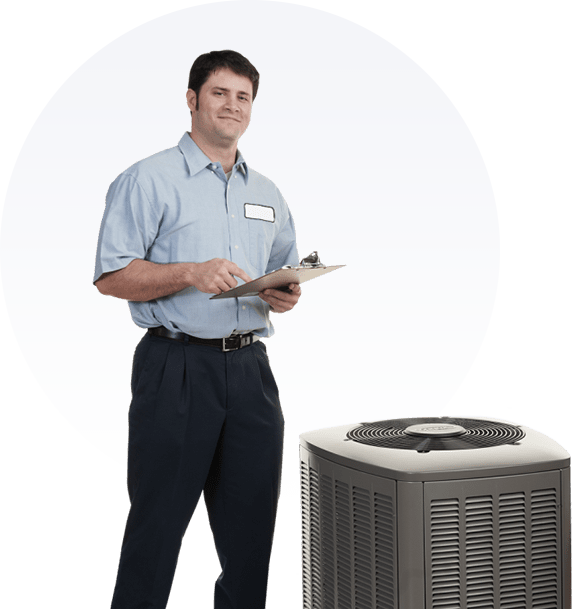As homeowners, it's essential to keep an eye on your HVAC system to ensure it's running efficiently and safely. However, some red flags may indicate problems that need urgent attention. In this article, we'll highlight some common HVAC red flags to watch for to help you avoid costly repairs and ensure your family's safety.
Strange Noises Coming from Your HVAC System
One of the most common red flags to look out for is strange noises coming from your HVAC system. If you hear rattling, banging, or screeching sounds, it could indicate loose or worn parts. These issues can cause more significant problems if not addressed promptly, resulting in costly repairs or even a complete system breakdown.
Strange Smells Coming from Your HVAC System
Another red flag to keep an eye on is the presence of strange smells. If you detect a musty or burning odor, it could mean there's a problem with your HVAC system. A burning smell is often associated with electrical issues, while a musty smell could indicate mold or mildew growth in your ductwork.
High Energy Bills as an HVAC Red Flag
In addition to strange noises and smells, high energy bills can also be a red flag that your HVAC system isn't working efficiently. If you notice a significant increase in your energy bills, it may be time to have your system inspected by a professional. An HVAC technician can diagnose the problem and recommend the necessary repairs to improve your system's efficiency and reduce your energy costs.
Poor Air Quality and Your HVAC System
Finally, poor air quality can also be a red flag that your HVAC system needs attention. If you or your family members suffer from allergies or respiratory issues, poor indoor air quality can exacerbate these conditions. Dirty air filters, ductwork, and vents can all contribute to poor air quality, so it's crucial to have your system maintained regularly to ensure clean, healthy air.



 281-419-8035
281-419-8035